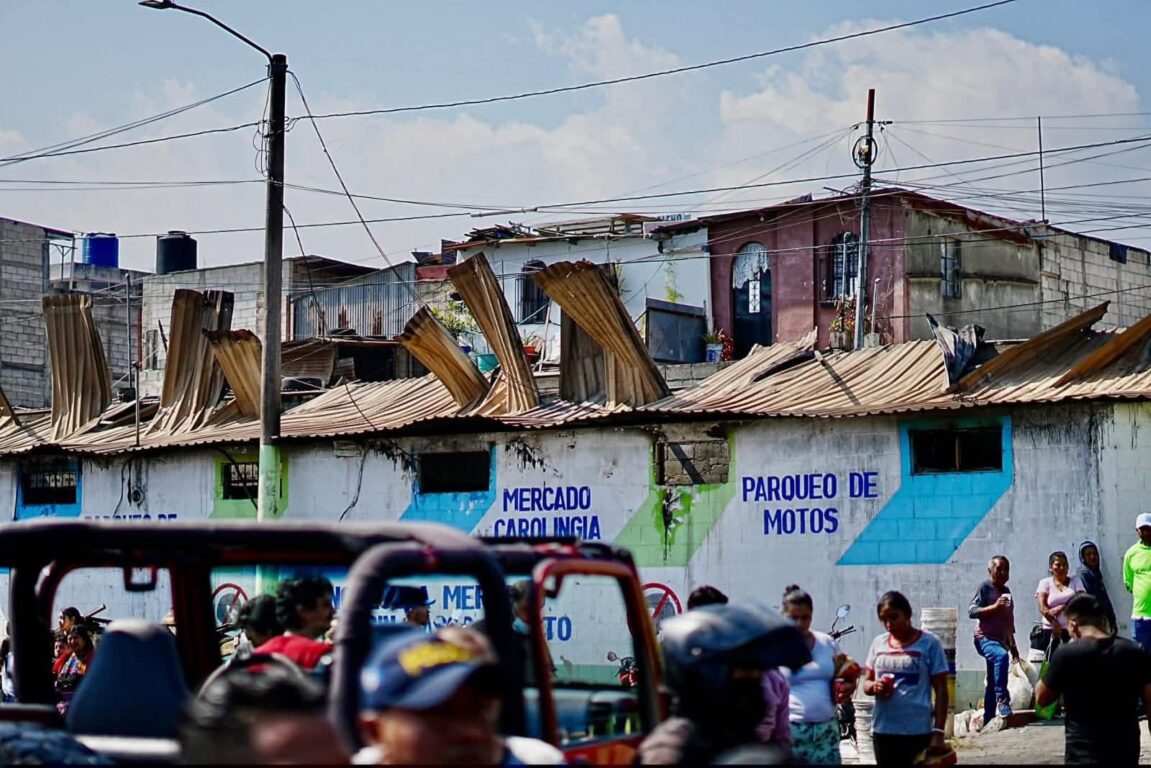A joint meeting of representatives from Southern Africa Trade Union Coordinating Council (SATUCC) and StreetNet International was held on the 20th – 21st May 2015 in Gaborone, Botswana, on the identification of gaps in the text of a proposed ILO Recommendation on “Transitions from Informal to Formal Economy”
 StreetNet was represented at the workshop by its affiliates from Lesotho, Malawi, Mozambique, South Africa, Tanzania, Zimbabwe and Zambia, including International Council member Gladys Mponda from MUFIS Malawi.
StreetNet was represented at the workshop by its affiliates from Lesotho, Malawi, Mozambique, South Africa, Tanzania, Zimbabwe and Zambia, including International Council member Gladys Mponda from MUFIS Malawi.
It was agreed broadly on the following, as key lobbying and engagement points for the amendment of the International Labour Conference (ILC) Recommendations on the “Transitions from the Informal to the Informal Economy”
The SATUCC/StreetNet Declaration of 2008 was recongnised as the premise of joint commitments to making meaningful contributions to promoting the organisation of workers in the informal economy in the SADC region.
The meeting considered the text of the draft Recommendation contained in the Blue Report V (2B) and agreed on the approach to this document,
This was the last discussion on the issue prior to the ILC where the Recommendation will be finalised.
The ILC Recommendation on the “Transitions from the Informal to the Formal Economy” needs to:
- Preserve existing livelihoods during the process of transition: The formalisation of the informal economy will be a gradual process. It is therefore emphasised that provisions be instituted for preserving sustainable livelihoods while avoiding measures which could inadvertently destroy existing livelihoods of informal workers and economic units during the transition to formalisation.
- Enhance inclusive participation of workers in the informal economy in collective bargaining: Direct inclusion in collective bargaining at all levels including tripartite forums. This may require creation of new bargaining forums.
- Ensure economic rights and access: Free access to public space, regulated use of public space, regulated access to natural resources. The working poor need and demand a wide range of labour, commercial, and land-use rights in order to secure their livelihoods and make their economic activities more productive.
It was agreed that the ILO Recommendation on Transitions from the Informal to Formal Economy also took into account observations and inputs to cover the identified gaps and shortcomings.




